Rinnai hot water flows with freedom at Maidstone fitness centre
Rinnai gas fired continuous flow hot water and heating systems have been specified for use at a leading fitness centre in Maidstone, Kent, replacing an old thermal store configuration. The site houses gyms, class studios, swimming pool, bar and café plus changing and showering facilities.
The site, one of the busiest gym and sports complex in the South East, had been served by an old stored hot water heating system housed in a plant room accessible only via a gantry.
Rinnai proposed 3 x 1500e continuous flow hot water heating units cascaded to cope with the high demands. But the most important point for the site was that the Rinnai units could be installed externally to the space starved plant room, resulting in a freeing up of space and heavily reducing additional expenditure for the additional remedial works that would have been required if the site chose to replace ‘like for like’. This would have required the hiring of cranes and demolition work.
The installation was characterised as being ‘straightforward’ and in a matter of days fully operational. The three Rinnai 1500e units deliver almost 3,000 litres of hot water per hour – that is about 40% more than the previous system and, uses around 42% less fuel – mains gas in this case. Because the Rinnai configuration modulates to demand, the site needed about 2,700 litres per hour at the three peak times during the working day – which it did with room to spare.
The Rinnai offering to the site included a proven electrolytic limescale inhibitor – this maximises system efficiency in hard water areas. Limescale is said to decrease the efficiency of a hot water heating system over a very short period if left untreated. *
Rinnai offers a uniquely-powered electrolytic scale inhibitor kit for commercial hot water systems. This is independently tested, and it is a low-maintenance way of protecting a property against the damaging and expensive impact of limescale.
It gives long lasting protection against the formation of hard limescale and ensures that bacteria have fewer places to hide because of cleaner surfaces. This means that there is protection to the capital investment. It is WRAS Approved and used and specified in all market sectors such as manufacturing, hotels, retail and supermarkets, healthcare and education as well as public authorities.
Contractors to the site Scott Combustion chose the Rinnai 1500e units for a whole variety of reasons – reliable & continuous flow of useable hot water, safe temperature water distribution at all tap and shower points, overall energy efficiency and ease of installation plus minimal ongoing maintenance costs. Hot water is vital to the wellbeing of all gym customers.
Scott Combustion is a premium commercial and industrial building services maintenance and installation company. Operating throughout the world, it is equipped with specialist divisions for gas and oil boiler servicing, general gas works, air conditioning/refrigeration and electrical installation and testing
Since its establishment in 1980, Scott Combustion has been providing expert services and has expanded to operate all over the world, having completed contracts in China, Nigeria, Georgia, Armenia, Japan, Latvia, Sierra Leone, Cameroon, Senegal, Azerbaijan, Venezuela and many other countries.
Says Darren Morse for the company, “We aims to alleviate the stresses and strains generated by building service concerns and to ensure our clients can operate their companies or organisations without additional complication.
“We offer a full range of building services – from the servicing of a gas/oil boiler, the chlorination of a water system to air conditioning and refrigeration services. We provide our clients with an exclusive service to manage every potential issue in the building operations sphere.”
On this and all sites Rinnai 1500e units have the water temperature pre-set through easy-to-use, built in digital controls, eliminating the risk of scalding and potentially eradicating the need for thermostatic mixing valves. Water can be used simultaneously at several points of delivery with no loss of heat.
The Rinnai units are designed for use directly off the mains, with no need for large, ungainly and energy inefficient storage vessels – and they deliver up to 37 litres per minute on demand.
An important feature that demonstrates efficiencies is the fact that Rinnai, manufacturer of the industry’s widest range of continuous flow gas fired water heaters, has ‘A’ rated Eco-labels on all of its units.
Eco-labelling of products offers transparency to specifiers and end users in a clear and simple guide when sourcing the most energy efficient hot water heating units. Rinnai products also meet and exceed the requirements of the Building Regulations Part L (fuel and power) and with these bespoke system arrangements they can offer G3 and ACOP L8 best practice. The possibility of Legionella breeding is minimised as Rinnai units have no storage and therefore limit the environment for bacteria production.
Energy is only used on a Rinnai unit when there is demand – simple as that. There is a big potential of annualised fuel saving costs with a HDC1500ei low NoX unit – these costs can be minimised next to any comparable type of storage water heater, such as gas direct fired storage water heater or indirect cylinder system connected to the heating boiler.
Rinnai Infinity HDC1500i Low NOx can boast the modulation 14:1, 56.6kW to 4.0kW, on both Natural gas and LPG gas and operate at a flow rate of as low as 1.5l/min. Thanks to this high modulation range, the Rinnai units ensure that the optimum amount of energy is used to heat the water, minimising waste and maximising system efficiencies.
The HDC1500e low NoX is extremely lightweight and easy to handle at just 31 kg.
By developing this holistic condensing technology initiative, Rinnai offers a simple, viable, cost effective, and energy efficient solution to consumer on-demand needs for hot water.
*The UK Carbon Trust considers that for each 1mm of limescale on the heat transfer surface there will be a 7% increase in energy input to the boiler to meet the same heat demand. (Low temperature hot water boilers – CTV051, Carbon Trust 2012).

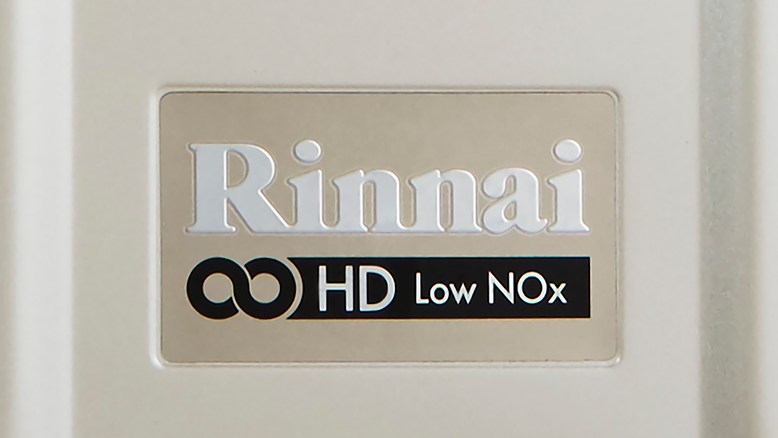

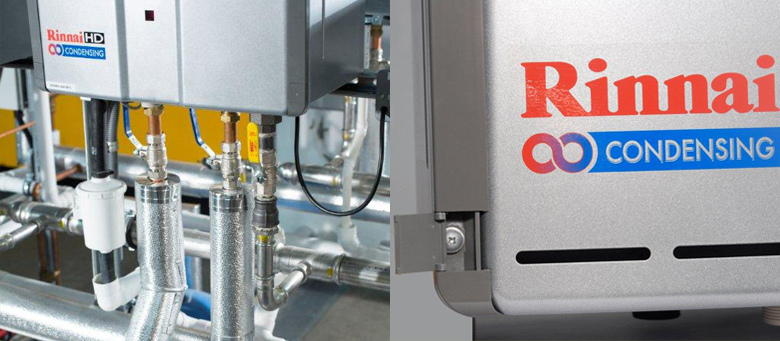
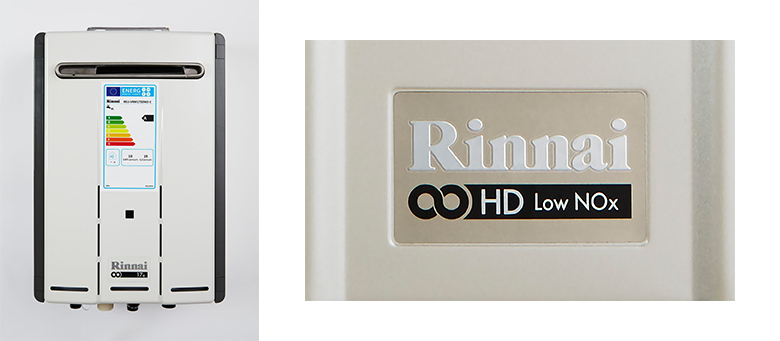




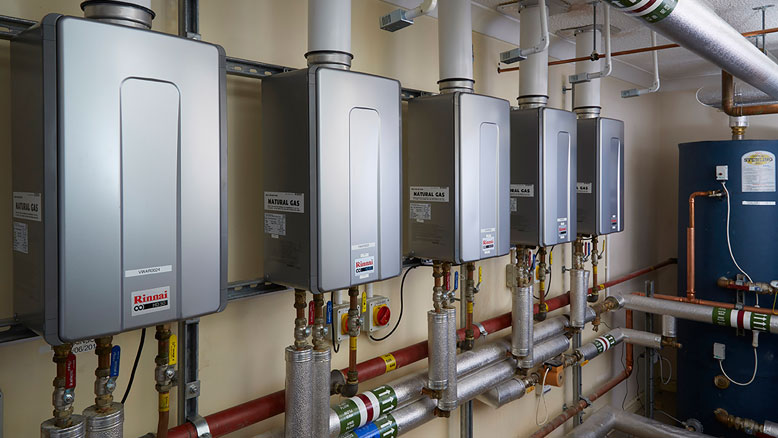



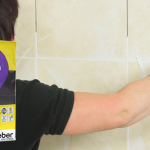
Leave a Reply
Want to join the discussion?Feel free to contribute!